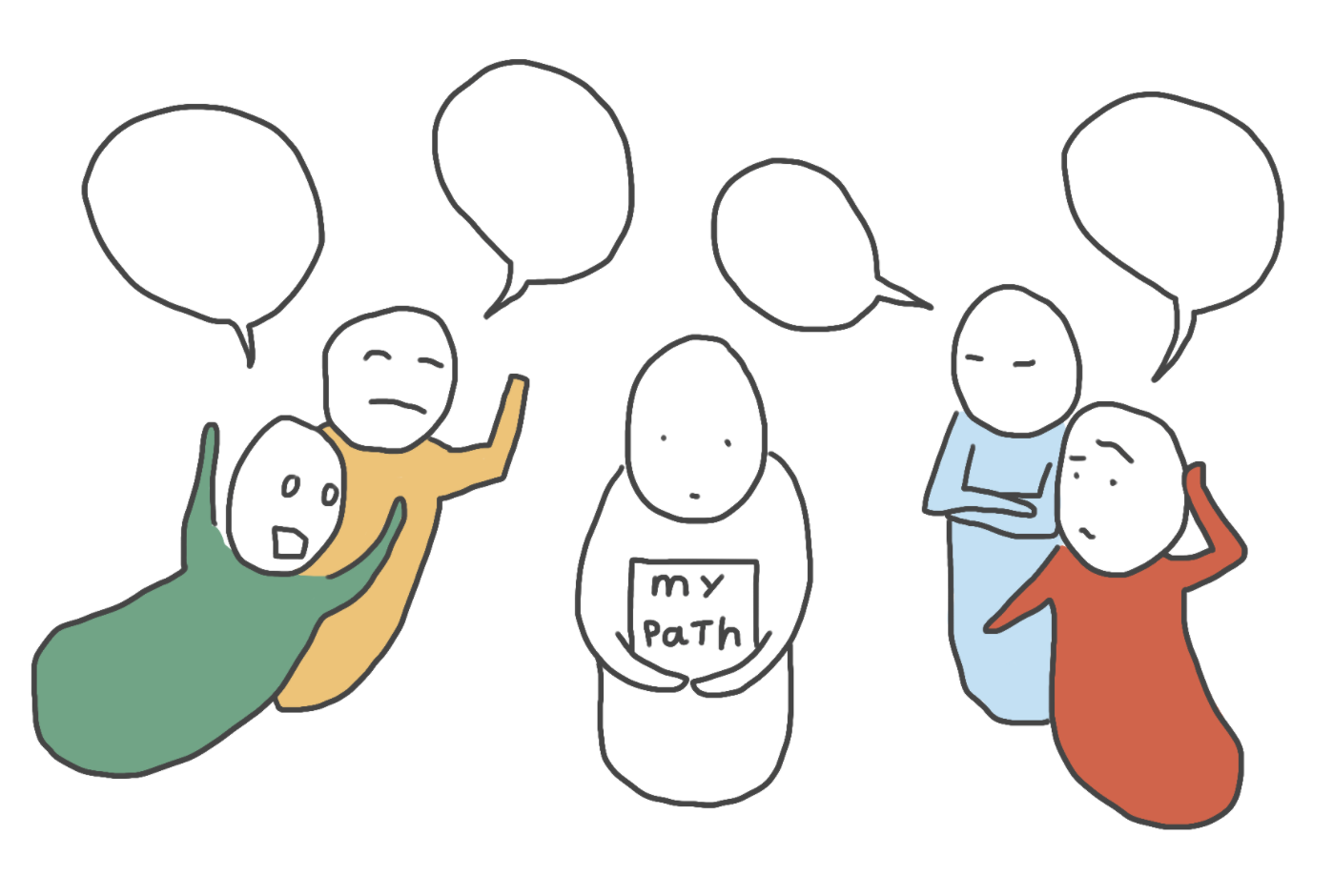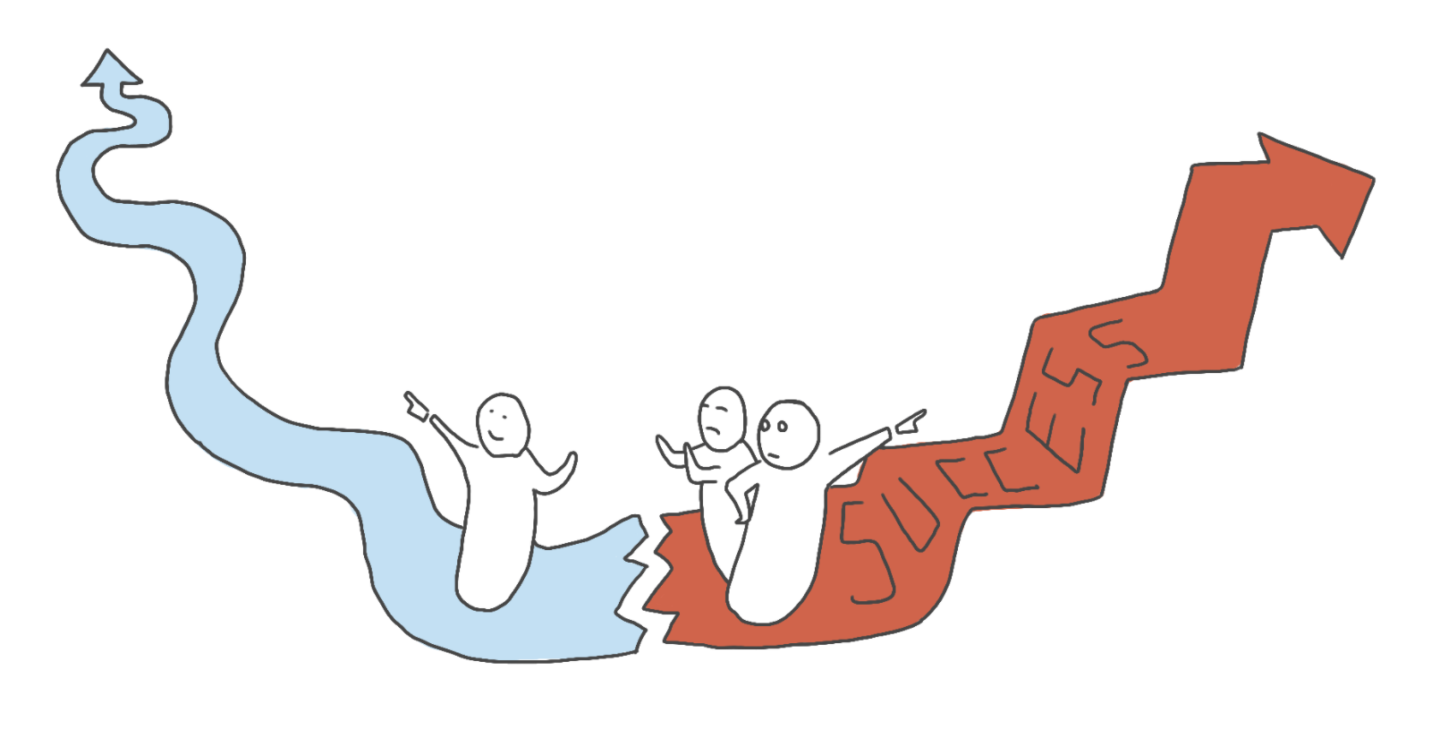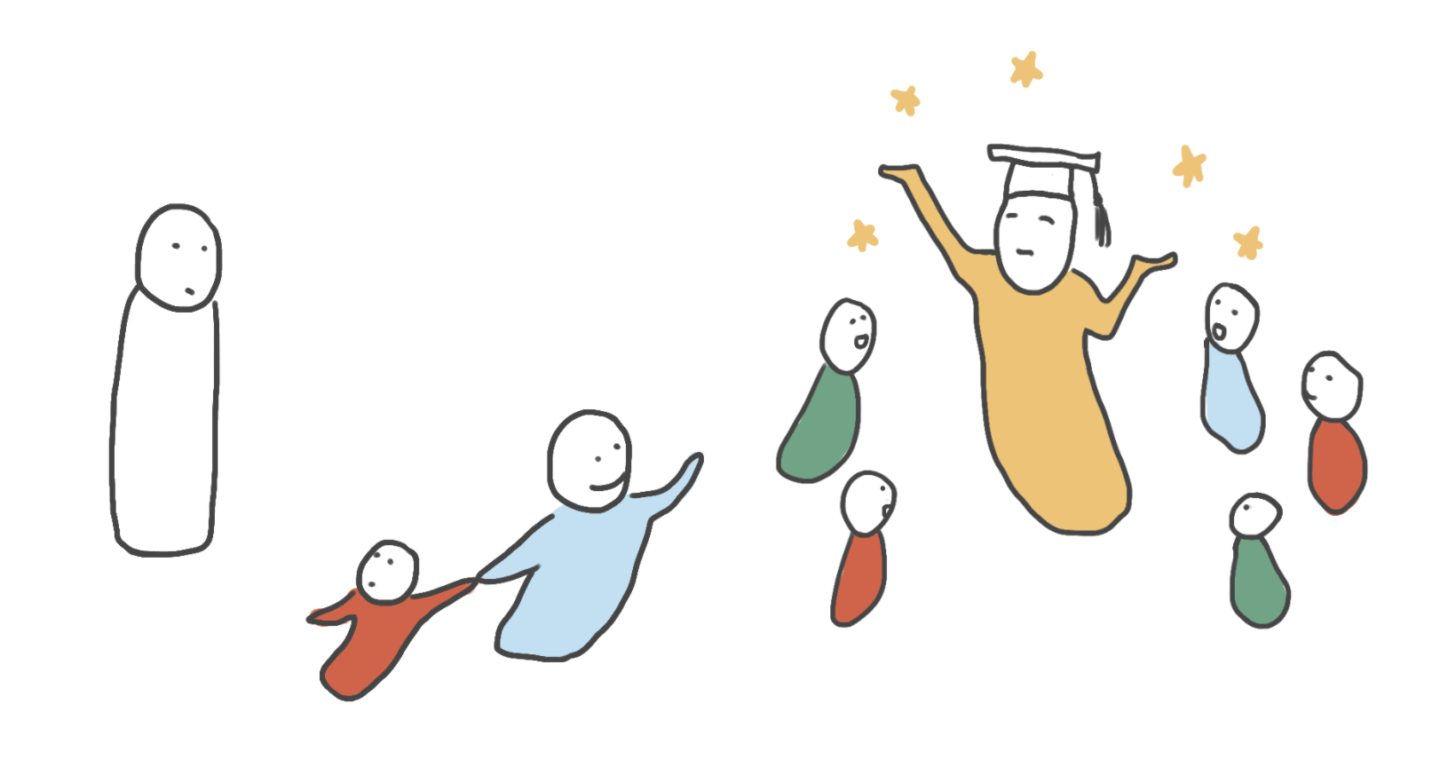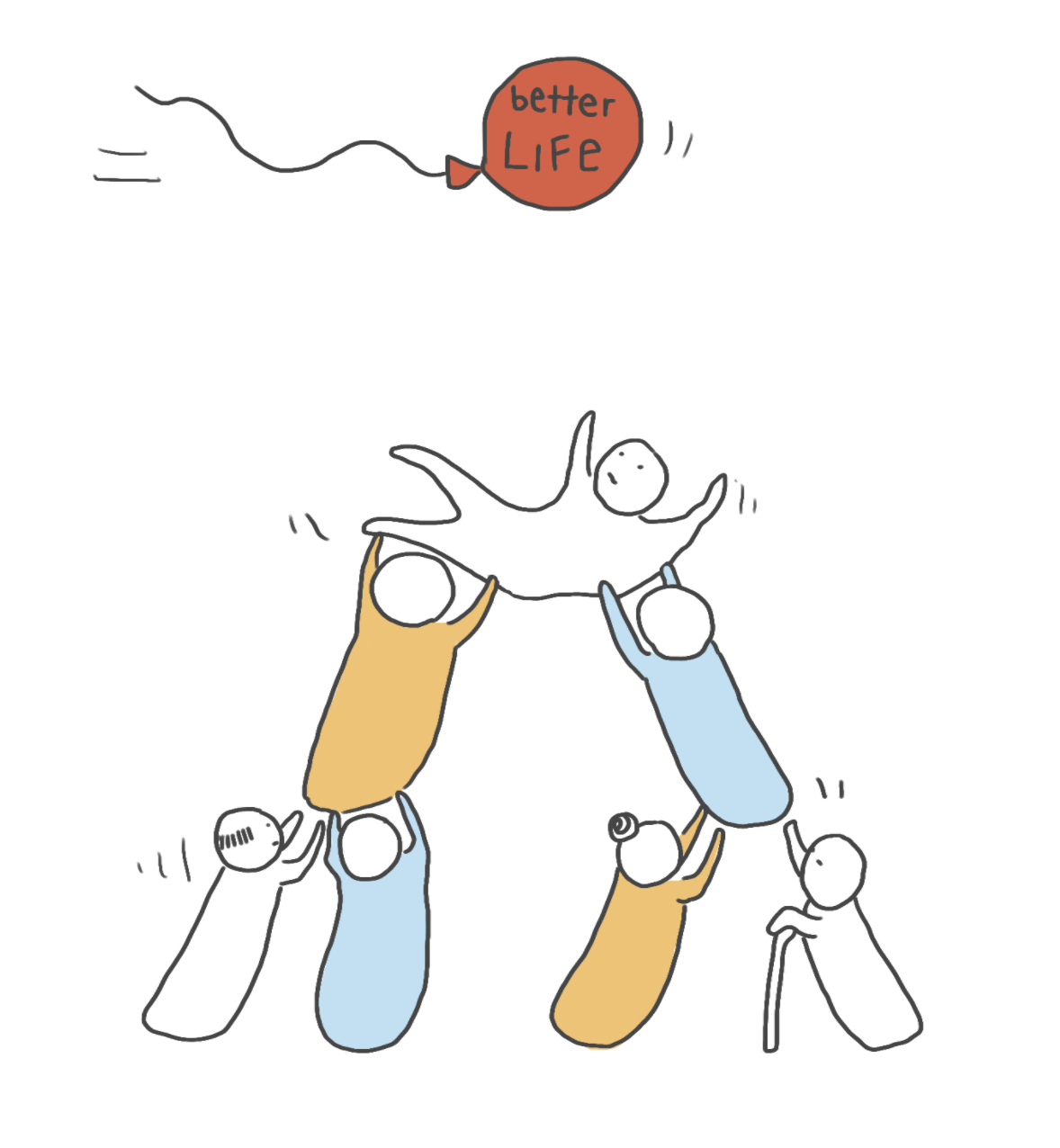The previous three articles, stories of Experiential Learning, Sense-Making & Developing Confidence, and Facilitation & Peer-to-Peer Learning show that attending Swaraj University was life-changing for each of the four people interviewed for this series. Each of them learned different skills, developed perception and made connections to other people and projects while at Swaraj. Paradoxically, each of them described experiencing disapproval and negative responses from their parents and peers when deciding to take the alternative path. This article is part of the Swaraj University series of the Live Human Signposts project.

Parents and Peers Reactions to Alternatives
None of the people interviewed received overwhelming support or encouragement from their parents to attend Swaraj University. Stanzin had to tell a ‘white-lie’ to his parents, explaining to them that he was going to a normal university in Rajasthan. He explained, “From second year I told them that Swaraj was not a normal college.” Even after that, he expressed that they still (to this day) could not tell the other people from their village because “People think if you do some kind of government job, or something like that, then you are successful” and that everything else is considered not being successful.
Gaurav expressed that when telling his parents that he was going to Swaraj both of his “parents started to cry, and there was the whole emotional drama.” and that “even after that there was so much ridicule from my relatives and friends and their friends…”. Similarly, Arti shared that when sharing about her decision to go to Swaraj that her parents’ reaction was “very dramatic. Super dramatic” and that “my mom was really sad, she was really in bad shape. My dad, my brother, everyone, really everyone, I think everyone was against this decision.” Madhur described a similar reaction: “I did not find a lot of encouragement. A few of them were confused. A few of them thought it was something cool. My parents, my mother was very afraid. She wanted me to go to those colleges, and pursue that kind of career. It took her many years to get out of that fear. There was a lot of resistance from her side.”

Gaurav and Madhur described when they were the ‘toppers’ in their classes relatives, and other parents, used to send their kids to study with, and simply be around them. Madhur described that “after I took these decisions [to pursue alternatives]. [After that] The parents told the kids not to speak to me much.” Gaurav described a similar experience.

Gaurav went on to question the legitimization of his elders, passionately expressing, “we were always told if a person is older in age, he has got more experience than you, so he can guide you, but that was the point I realized that this is not always the case.” Stanzin expressed a similar view, from the rural perspective, “People started thinking that schooling and modern education is very important. If you want to get a better education you should go to the bigger cities.” Paradoxically, this was the same reason why he explained that he did not learn to appreciate his culture until after going to Swaraj.
Upon reflection, each of them expressed compassion for their parents’ reaction back when they decided to take the alternative path. Gaurav shared, “getting a job was a big, big achievement. My father just studied in a particular class, and then he was able to crack a government job. And that was a big achievement. So there was still that conditioning in mind, if you are able to crack this job …” He continued on, “parents want our good, and [they feel] if you are able to enter that college your life will be sorted.” On reflecting on his parents, Madhur added, “Now, I understand where that [his parents’ reaction] is coming from. My parent’s generation, for them, college was really the ticket to a better life, to migrate, financial success.”

Find out more about the Live Human Signposts Project.
Daniel Rudolph (initiator and author) is interested in exploring alternative, experiential learning opportunities for people of all ages. He is passionate about forming community, and building public spaces for meaningful, transformational gathering. He spends a lot of his time learning juggling and facilitating gatherings. He also enjoys writing and sharing poetry. Dan is currently in an apprenticeship in Vermont at the MAPLE Monastic Academy.
Pia Janzen (illustrator & editor) is excited to visually support projects that inspire us to question and reimagine how we as humans relate to each other and our surroundings. She loves painting people, making music, eating, oceans and being around animals and she is passionate about working towards a more sustainable, liberating and authentic way of being.
Sierra Allen (editor) is a recovering individualist, spiritual forager, storytelling apprentice, unschooler, rock climber, and youth advocate. Sierra is a co-creator of EDiT – Education in Transformation and audiovisual editor and weaver with the Ecoversities Alliance.


